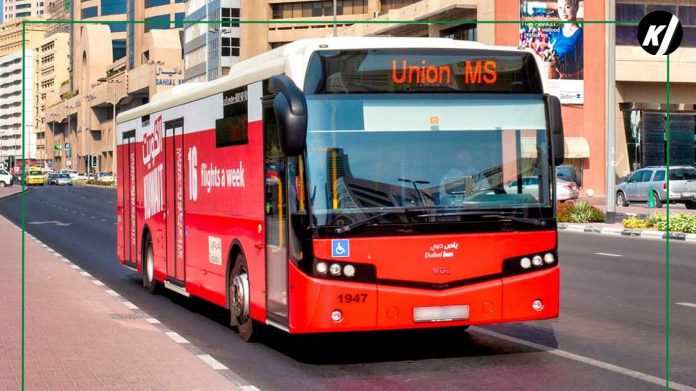In details of the public transport enhancement project, a high-ranking official from the RTA has disclosed that Dubai plans to do away with traditional buses gradually with new ones to be electrically powered in four different parts of the city.
Ahmed Bahrozyan, CEO of RTA’s Public Transport Agency, said: “The plan to achieve this goal of using electric buses will begin by the procurement of 40 electric buses to form part of RTA’s fleet gradually as it begins the green energy campaign to see the entire fleet to consist of green energy sources by 2050 in accordance with the Dubai Clean Energy Strategy.
In addition to electric buses procurement, the RTA will also guarantee the provision of conduits for charging the buses, Bahrozyan stated.
Pilot areas
To start with, electric buses will ply along four chosen routes; Business Bay/E77, Al Ghubaiba/E50, Al Satwa/E47 and Al Jafiliya/E310 routes. Bahrozyan noted: “These routes have been selected with relation to the range of this model of electric bus and the feasibility of charging equipment at shelter stations or along some of the routes.
There as well, last month, the RTA revealed that new buses will incorporate Raqeeb of Driver Behaviour Monitoring System to ensure effective supervising of the driver conduct. There will also be an installation of an APC (automated passenger counting) system to reduce the incidences of fare dodging. The idea of the system entails reporting the number of passengers and comparing the data to the AFC system.
Fares to remain same
Bahrozyan said that fares will not be adjusted in places that currently use diesel-powered buses that will be replaced by its electric counterpart.
Electric buses have varying prices depending on the type or make as well as the components added to the bus. In general, they cost more than the conventional diesel-coaches, but we receive our revenue from fare-paying passengers, which will not be effected,” he added.
In this statement, he said that “The passenger capacity of electric buses will depends on the type of bus for example a single and double decker bus and those with trailers; the capacity will be the same as the diesel buses and the standard single decker buses can take 35 seated passengers or with standing space it can take as many as 70 passengers The range of an electric bus will be determined by the battery capacity and type.”
Bahrozyan also ensured the aptness and best performance of electric buses, given the extreme heat during the summer season.
“The RTA steered several trials of electric buses before going on board the procurement process to regulate the required technical specifications and ensure the appropriateness of modern charging technologies and the fulfillment of RTA’s operational requirements.”
“Electric buses will have no direct adverse impression on the environment. Following the introduction of the first batch of electric buses to RTA’s fleet, it is most likely that carbon emissions will be reduced by approximately 3,900 tons per year,” he added.
Bahrozyan said traditional buses “will be recycled according to RTA’s strategic plan, running in parallel with sustainability and eco-friendly standards”.

